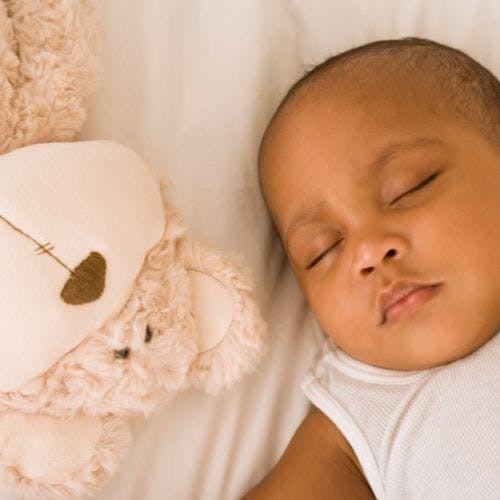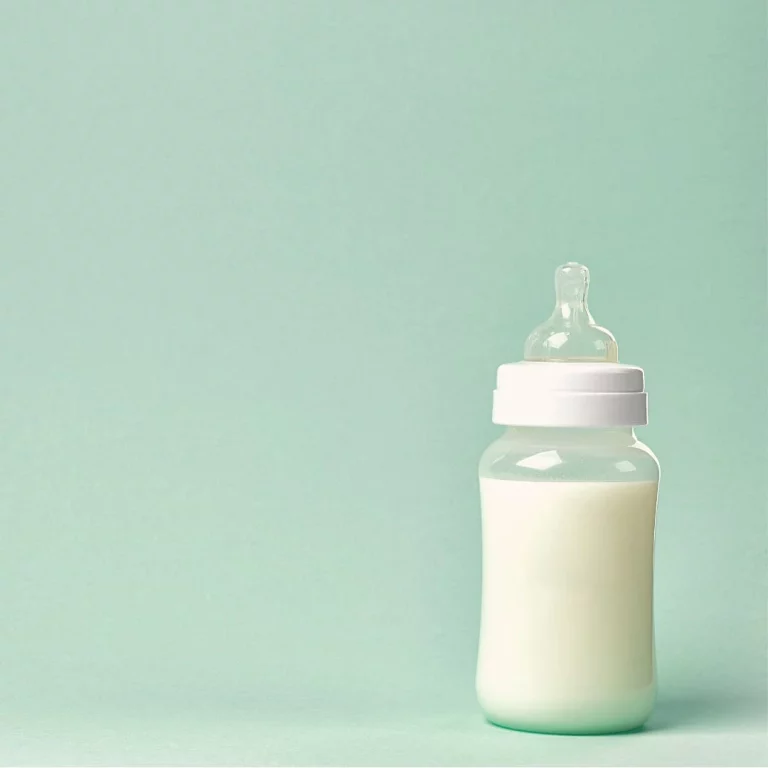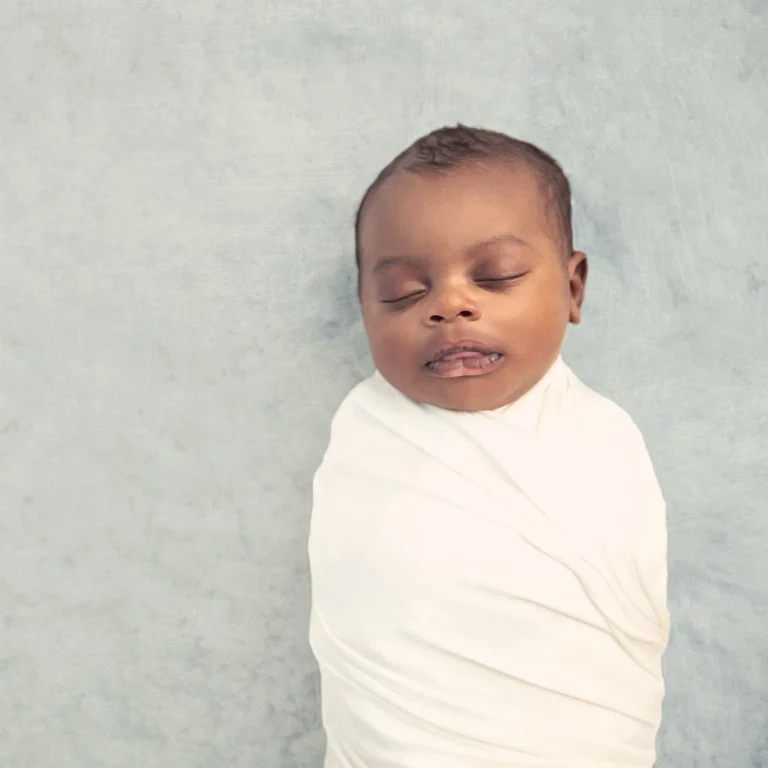How Much Does A Newborn Sleep?
Sleep is a critical element in overall physical health. During sleep, the heart and blood vessels make any necessary repairs. It allows for better concentration and productivity as well as more energy for physical activities including exercise. So, how long should newborns sleep? The answer is, most of the day. Until they are about 3 months old, infants should be sleeping 14 to 17 hours during a 24-hour day.
Especially for children, sleep is important for good brain function, emotional development and behavior factors. Parents often wonder if the infant, child, or adolescent is really getting enough satisfactory rest to perform well during the day.
Newborn Sleep Schedule
A good routine would be two or three naps during the day and a longer stretch at night after a feeding. From age 4 months until they are almost a year, babies should get between 12 and 15 hours of sleep, with 3 or 4 of that coming during the day.
Beyond that a toddler of 1 or 2 years old should be sleeping 11 to 14 hours; preschoolers about 10 to 13 hours and elementary school age at least 9 to 11 hours at night. There are a number of factors that affect the proper amount of sleep. If you have concerns, check with your pediatrician.

Baby Sleep Routine
Related: Sleep Hygiene Checklist: Tips to Getting Restful Sleep
A key factor is establishing and maintaining a bedtime routine. Bathing, singing, and reading to infants and children are all good signals that it is the end of the day and time for rest. Keeping a consistent pattern will help your child adapt to the routine.
One way to do this, depending on your parenting style, is to put the baby in a crib while still awake but drowsy. This helps the child learn to fall asleep on their own without rocking. Some movement and even a bit of crying are normal. If your baby is not hungry, ill or need a diaper change, leave him or her alone for a few minutes to see if he or she settles down and falls asleep on their own.
When the baby wakes during a time when you want it to sleep, keep the lights low and don’t play. Speak in a low voice but don’t talk for long periods of time. In other words, try to avoid activities that will stimulate the baby and keep him or her alert.
It may take a bit of time to establish the routine, but when successful, you will be glad. At around 6 months, a baby starts to have a natural sleep rhythm where their body recognizes day and night.
Baby Nap Schedule
Naps are very common and most children nap until they are 3 to 6 years old. Newborns and infants will sleep during the day for three or four hours. As the child ages, the nap time will decrease. Research has discovered that frequent napping helps children consolidate memories and that these memories are important for learning and brain development.
Even if you think your baby is getting enough sleep, be sure to add it as a discussion item with your pediatrician. Your understanding of what is normal for your child is important and can help you gauge when he or she is not feeling well.
We discuss products we think are useful to people. If you buy something through our links, we may earn a commission. Remember to check with your personal physician to see if a product recommended is right for you.








